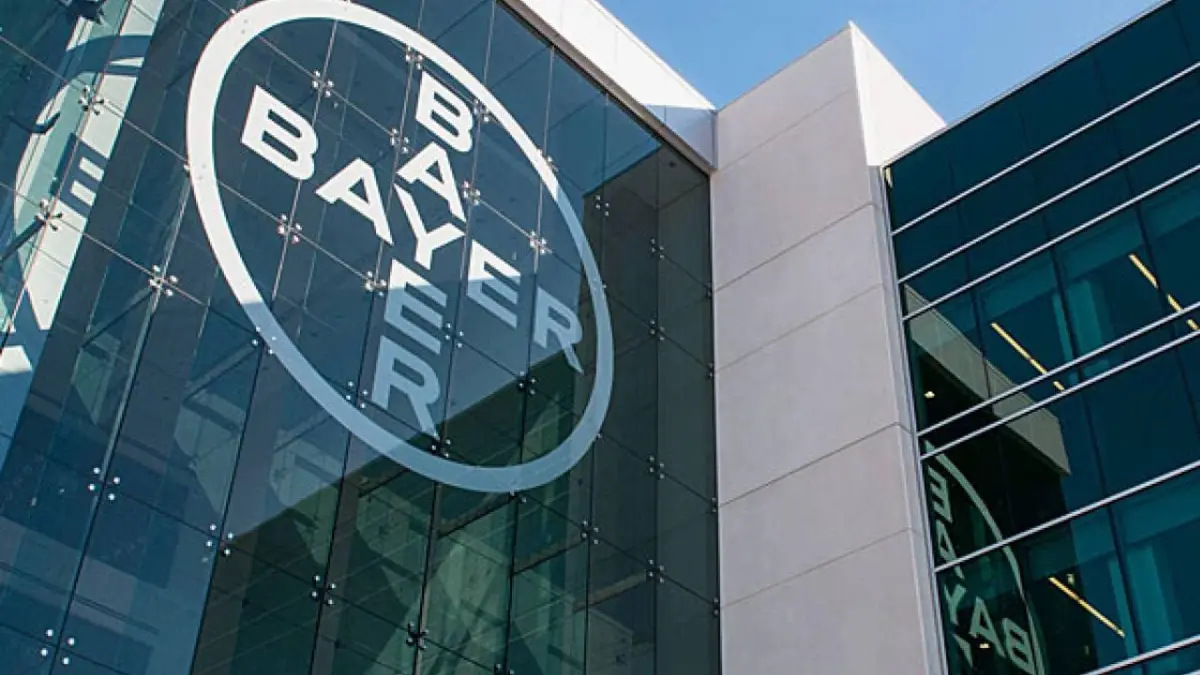
Do you want to access to this and other private contents?
Log in if you are a subscriber or click here to request service
Bayer: The future is in regenerative agriculture
Organic and biofuels are some of the markets in which the multinational intends to invest over 100 billion euros

Bayer's Crop Science division will leverage the opportunities presented by the shift to regenerative agriculture to grow in adjacent markets beyond its core businesses of seeds, traits, crop protection and digital.At its annual innovation summit, the company identified growth potential in segments like crop fertility, biologicals, biofuels, carbon farming, precision application services as well as...
lml - 32351
EFA News - European Food Agency
EFA News - European Food Agency